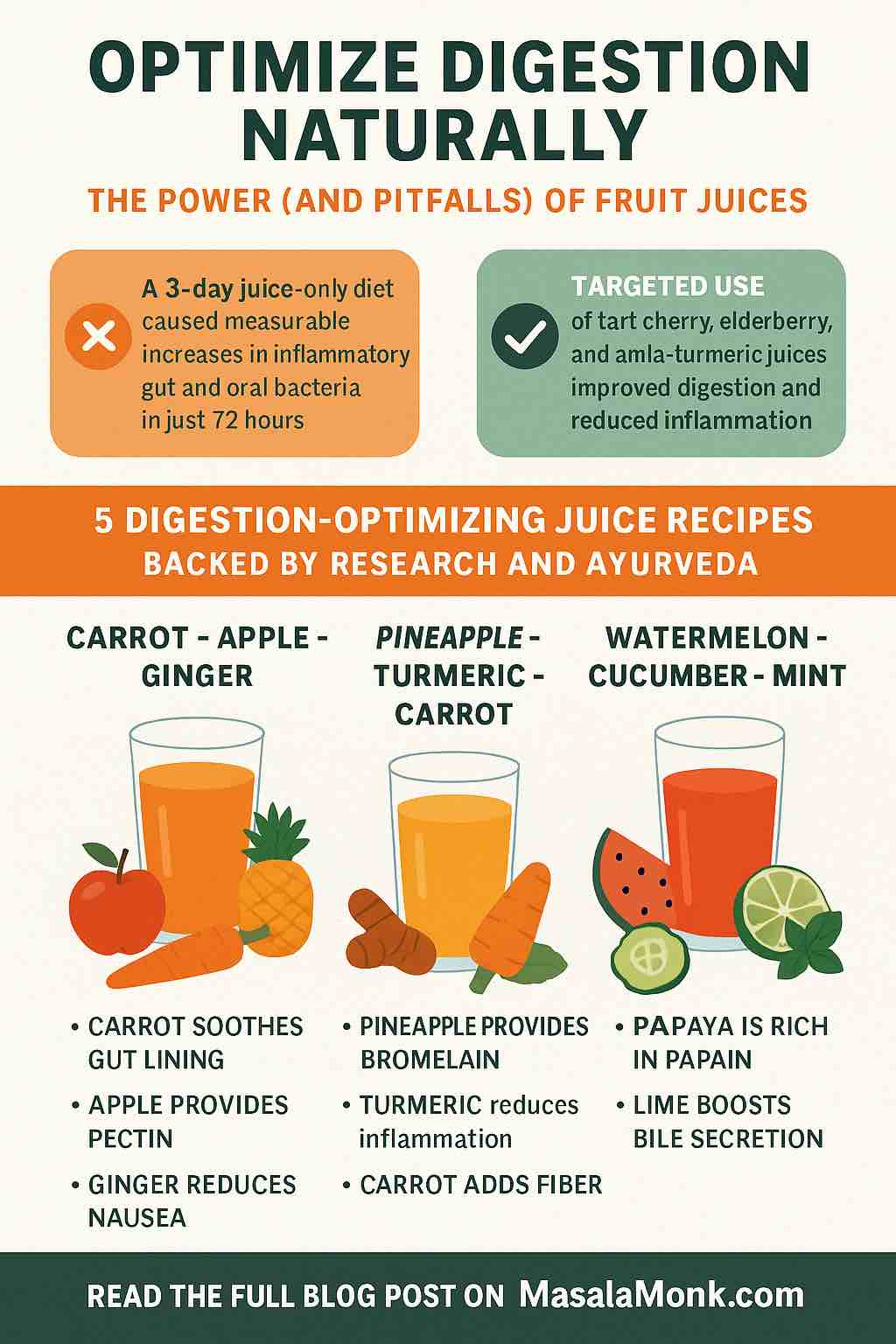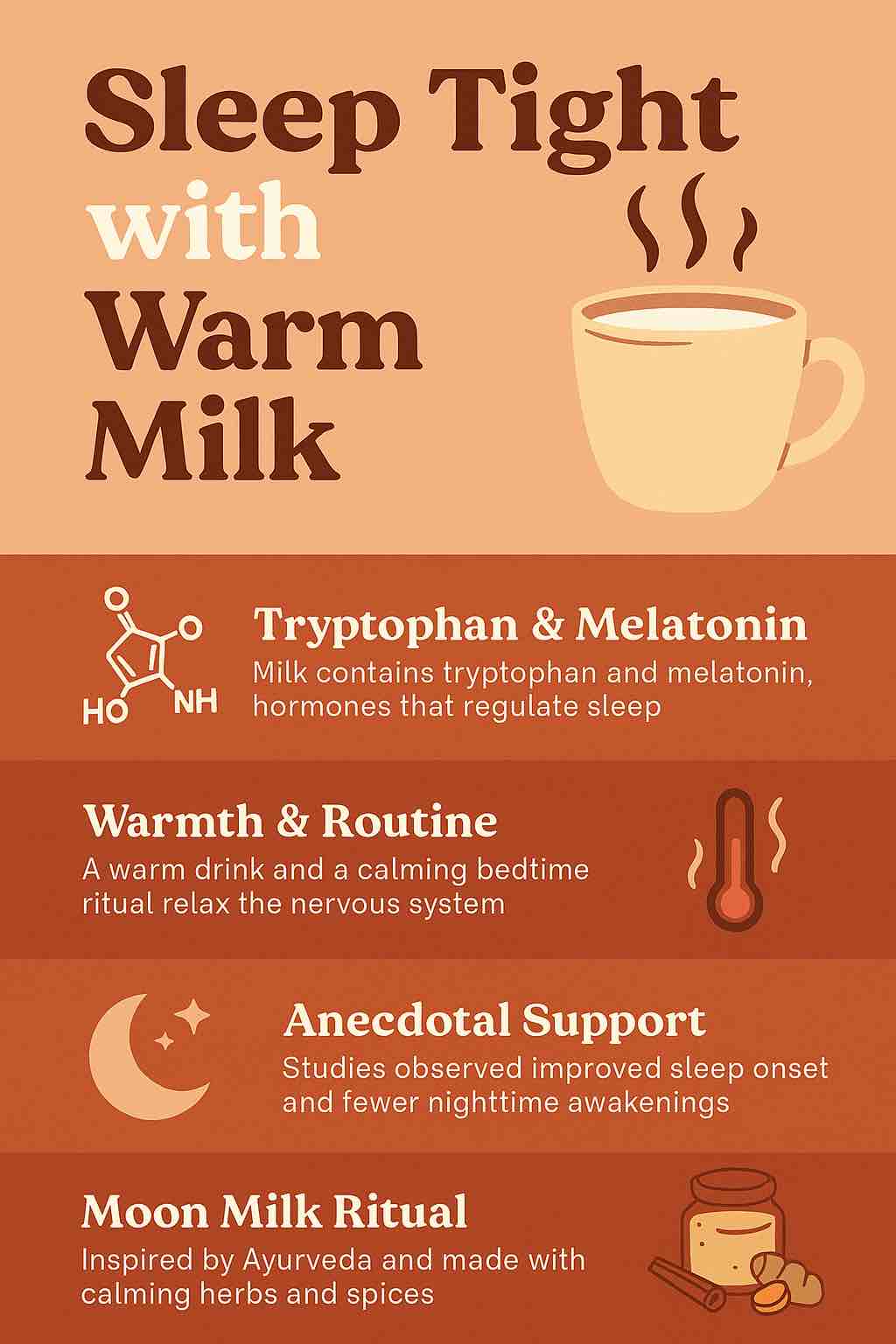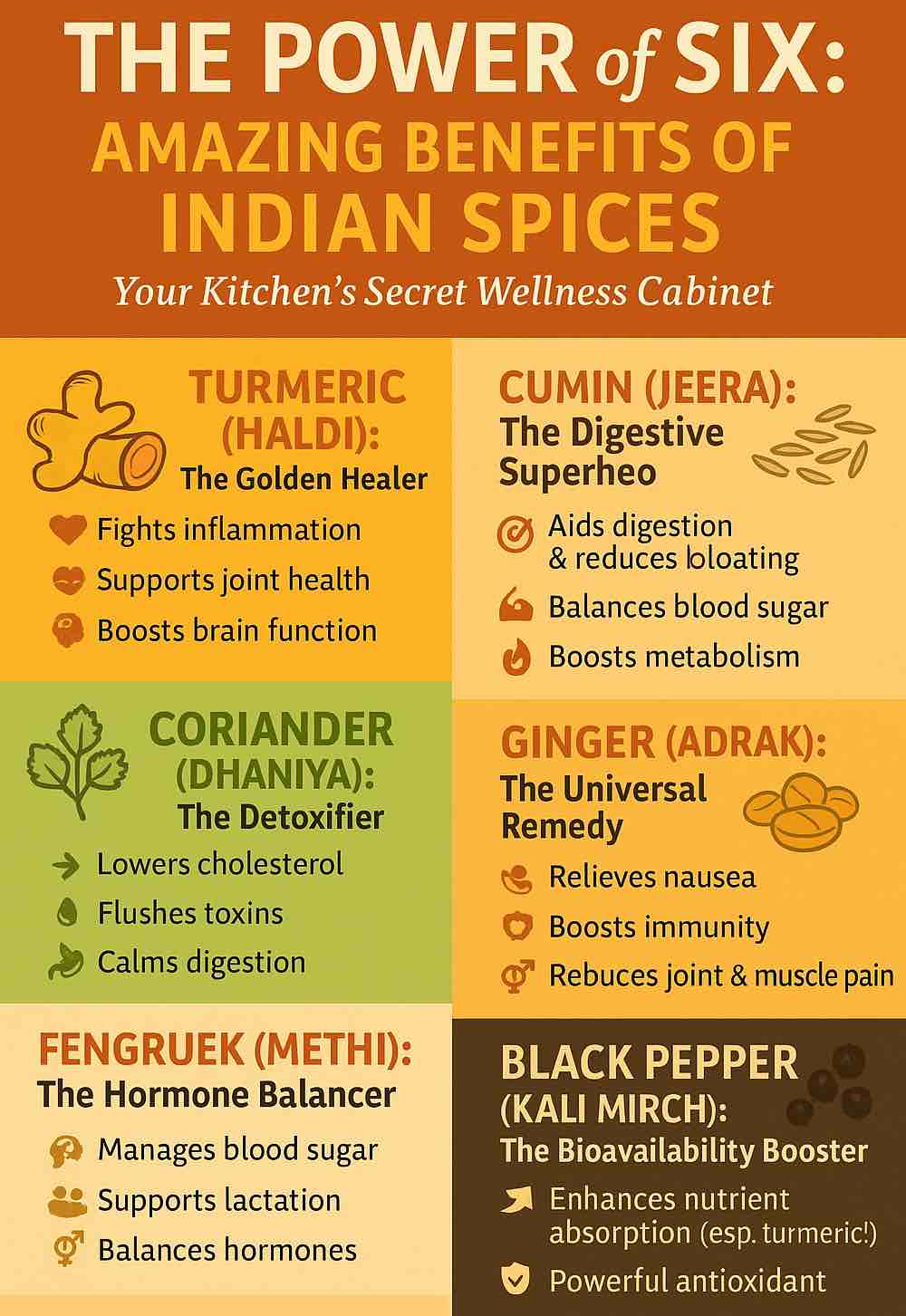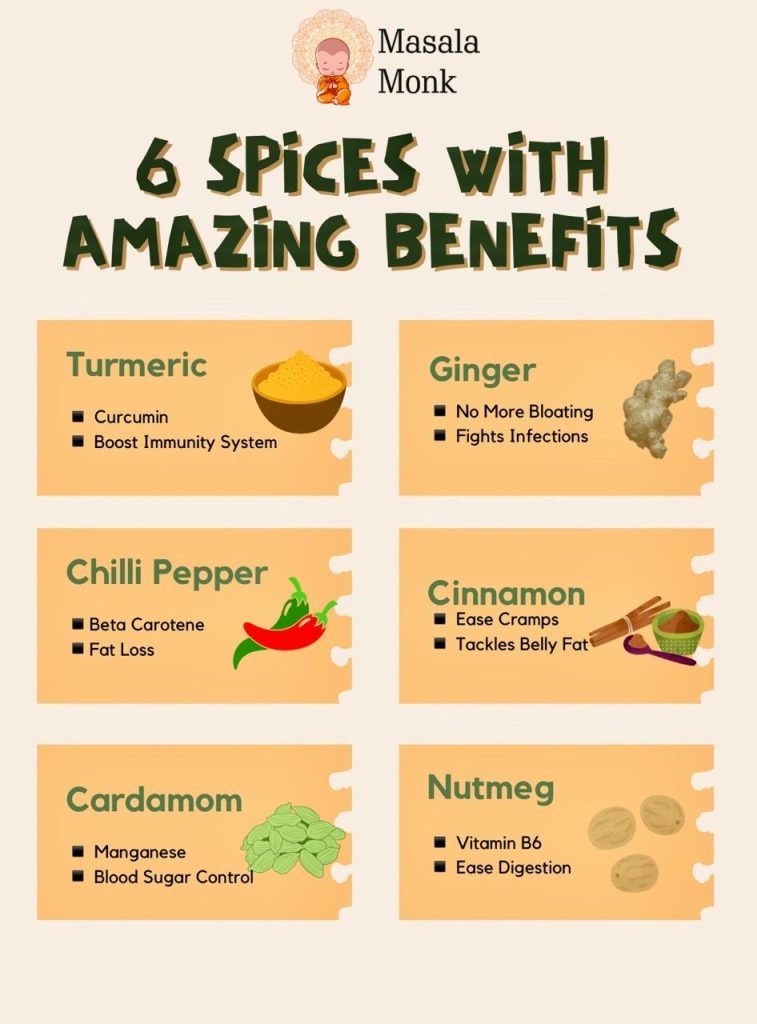
Few things disrupt your day quite like a urinary tract infection (UTI): burning, urgency, pain, and that all-consuming discomfort. For many, especially women, UTIs are a recurring nuisance. While antibiotics are usually effective, concerns about antibiotic resistance and frequent recurrences are driving people to seek natural solutions. One age-old spice is increasingly in the spotlight: turmeric. But can it really help? Let’s dig into the science, the practicalities, and what it means for you.
What Exactly Is Turmeric?
Turmeric (Curcuma longa) is a bright yellow spice widely used in South Asian cuisine and traditional medicine. Its earthy, slightly bitter flavor is instantly recognizable in curries and golden milk lattes. But beyond its culinary appeal, turmeric has been revered for centuries as an herbal healer—touted for everything from wound care to chronic disease prevention.
The secret behind turmeric’s purported superpowers? A compound called curcumin. This natural polyphenol is responsible for turmeric’s anti-inflammatory, antioxidant, and (in lab studies) antimicrobial effects.
What Are Urinary Tract Infections?
A UTI is an infection in any part of your urinary system—kidneys, bladder, ureters, or urethra. The most common culprit is the bacterium Escherichia coli (E. coli), which sneaks into the urinary tract and triggers a cascade of inflammation and discomfort. Symptoms include:
- Burning pain while urinating
- Frequent urge to urinate
- Cloudy or strong-smelling urine
- Lower abdominal pain
UTIs are typically treated with antibiotics, but not everyone wants to reach for antibiotics at the first twinge of pain—especially those prone to recurring infections.
The Science: Turmeric and UTIs—What Do We Know?
1. Turmeric’s Antimicrobial Action
Laboratory studies show that curcumin, turmeric’s main active ingredient, can inhibit the growth of various bacteria, including some UTI-causing strains like E. coli and Staphylococcus saprophyticus. Curcumin appears to:
- Disrupt bacterial cell membranes
- Inhibit “quorum sensing” (bacterial communication that makes infections harder to treat)
- Reduce the ability of bacteria to form biofilms (sticky layers that shield bacteria from antibiotics)
However, most of this evidence is from in vitro studies (test tubes and petri dishes), using concentrations of curcumin higher than what you get from food or typical supplements.
2. Anti-Inflammatory Effects
UTIs cause significant inflammation, which is responsible for much of the discomfort. Curcumin is a potent anti-inflammatory agent; it suppresses inflammatory chemicals (like TNF-alpha and IL-6) and may, at least in theory, reduce symptoms of burning and urgency. This property has been proven in animal models and in general human studies for inflammation, though direct proof for UTIs is still sparse.
3. Animal Studies and Early Human Evidence
- In animal models, curcumin reduces bacterial counts and inflammation in the urinary tract and kidneys.
- A few small pilot studies used curcumin instilled directly into the bladder (not by mouth) to treat certain bladder disorders and found it was safe and might reduce symptoms.
- There are no large human clinical trials of oral turmeric or curcumin for treating or preventing UTIs yet. This is a crucial gap, so current recommendations are based on indirect evidence and “best guesses.”
4. The Synergy Angle
Recent research suggests curcumin may work in synergy with certain antibiotics—making them more effective or helping fight drug-resistant infections. Again, this is an exciting but still experimental area.
The Real-World Problem: Why Can’t We Just Take Turmeric Pills for UTIs?
The big catch is bioavailability. Curcumin is notoriously hard for your body to absorb when taken by mouth—it’s rapidly broken down and poorly absorbed into the bloodstream. Most of the turmeric you eat simply passes through your gut.
To get around this:
- Pair turmeric with black pepper (piperine), which can boost absorption by up to 2000%.
- Use specialized curcumin supplements designed for better absorption (such as “phytosome,” “liposomal,” or “nanocurcumin” formulas).
- Take curcumin with a meal containing healthy fats, which can also help.
Turmeric for UTIs: What’s Practical, What’s Not?
Let’s be realistic. Turmeric is not a substitute for antibiotics if you have an acute UTI. Left untreated, UTIs can lead to serious complications, including kidney infections and sepsis.
However, turmeric may have a role in:
- Prevention (for those with recurrent infections)
- Adjunct therapy (alongside prescribed antibiotics)
- Reducing inflammation and discomfort as part of a broader anti-inflammatory lifestyle
Always consult a healthcare provider before starting any supplement, especially if you are pregnant, have chronic health conditions, or are taking other medications.
How to Harness Turmeric in Everyday Life
Here’s how you can practically and safely incorporate turmeric into your anti-UTI wellness routine:
1. Diet
- Golden Milk: Simmer a teaspoon of turmeric in milk (dairy or plant-based) with a pinch of black pepper and a drizzle of honey. Enjoy daily.
- Curries and Soups: Add turmeric liberally to curries, stews, or rice.
- Smoothies: Blend turmeric powder into your morning smoothie with ginger and a bit of black pepper.
2. Supplements
- Choose a reputable brand offering standardized curcumin extract (look for 95% curcuminoids).
- Look for formulas with piperine or “enhanced absorption.”
- Typical doses range from 500–1000 mg of curcumin per day, but this is not a medical guideline for UTIs—just the dose shown safe in general studies.
3. Prevention Habits
- Stay hydrated; water helps flush bacteria from the urinary tract.
- Practice good personal hygiene.
- Empty your bladder before and after sex (a common trigger for recurrent UTIs).
- Avoid harsh soaps or douches.
What the Experts Say
Leading reviews highlight turmeric’s promise as an adjunct or preventive therapy, not as a replacement for standard care. The lack of human clinical trials means we don’t yet have solid, dose-specific recommendations for using turmeric to prevent or treat UTIs. If you want to use turmeric, do so as part of an overall healthy lifestyle and discuss it with your doctor.
Key Takeaways
- Turmeric is a powerful anti-inflammatory and has shown anti-bacterial effects in lab studies.
- It may help prevent UTIs or reduce symptoms, especially for those with recurrent issues.
- Don’t use turmeric in place of antibiotics for an acute UTI.
- Use high-quality, well-absorbed forms, and combine with black pepper or healthy fats.
- More research—especially human clinical trials—is needed.
Final Word: The Smart, Balanced Approach
Harnessing the healing power of turmeric for UTIs is a promising, science-backed idea that’s not quite ready for “prime time” as a stand-alone therapy. But used wisely, turmeric can be a valuable tool in your anti-UTI arsenal—especially for prevention, inflammation reduction, and overall wellness. As always, stay alert to your body, stay connected with your healthcare provider, and make evidence-informed choices.
Have you tried turmeric for urinary tract health? Share your experiences or questions in the comments below!
Disclaimer: This blog post is for informational purposes only and does not constitute medical advice. Always consult a healthcare provider for diagnosis and treatment of UTIs or before starting any supplement regimen.
10 Frequently Asked Questions About Turmeric for UTIs
1. Can turmeric cure a UTI on its own?
No. While turmeric may help reduce inflammation and potentially slow bacterial growth, it should not replace antibiotics for treating an active UTI. Untreated UTIs can become serious. Always consult your doctor if you have symptoms.
2. Is turmeric effective for UTI prevention?
Possibly, but evidence is limited. Some research suggests turmeric’s anti-inflammatory and antibacterial effects could help lower UTI recurrence risk, but robust human trials are still lacking.
3. What is the best way to take turmeric for urinary health?
The most practical options are through diet (curries, golden milk) or high-quality curcumin supplements with black pepper (piperine) for absorption. Topical or bladder instillation methods should only be done under medical supervision.
4. How much turmeric or curcumin should I take for UTI support?
There is no established dose for UTIs. Many supplements offer 500–1000 mg of curcumin daily, which has been studied for general inflammation. Always follow product instructions and consult your healthcare provider.
5. Are there any side effects or risks from turmeric supplements?
Turmeric is generally safe in food amounts. High doses can cause gastrointestinal upset or interact with certain medications, such as blood thinners. Rarely, liver issues have been reported. Talk to your doctor before starting supplements.
6. Can turmeric be used together with antibiotics?
Yes, and some evidence suggests curcumin may work synergistically with antibiotics. However, turmeric should not be seen as a substitute. Always finish your prescribed antibiotic course.
7. Does turmeric help with UTI symptoms like burning and urgency?
Turmeric’s anti-inflammatory effects may help reduce discomfort, but it is not a direct pain reliever. It can be part of a holistic approach to symptom relief but does not act as quickly as conventional pain management.
8. How can I make turmeric more effective?
Combine turmeric with black pepper (piperine), healthy fats, or opt for specialized formulations (phytosome, liposomal, nano-curcumin) for better absorption.
9. Are there any people who should not take turmeric supplements?
Yes. Avoid turmeric supplements if you are pregnant, breastfeeding, have gallbladder disease, are scheduled for surgery, or take anticoagulants—unless approved by your doctor.
10. What should I do if I get recurrent UTIs despite using turmeric?
Consult a healthcare professional for a full evaluation. Frequent UTIs may need further medical testing, prescription therapies, or other preventive strategies beyond supplements.














